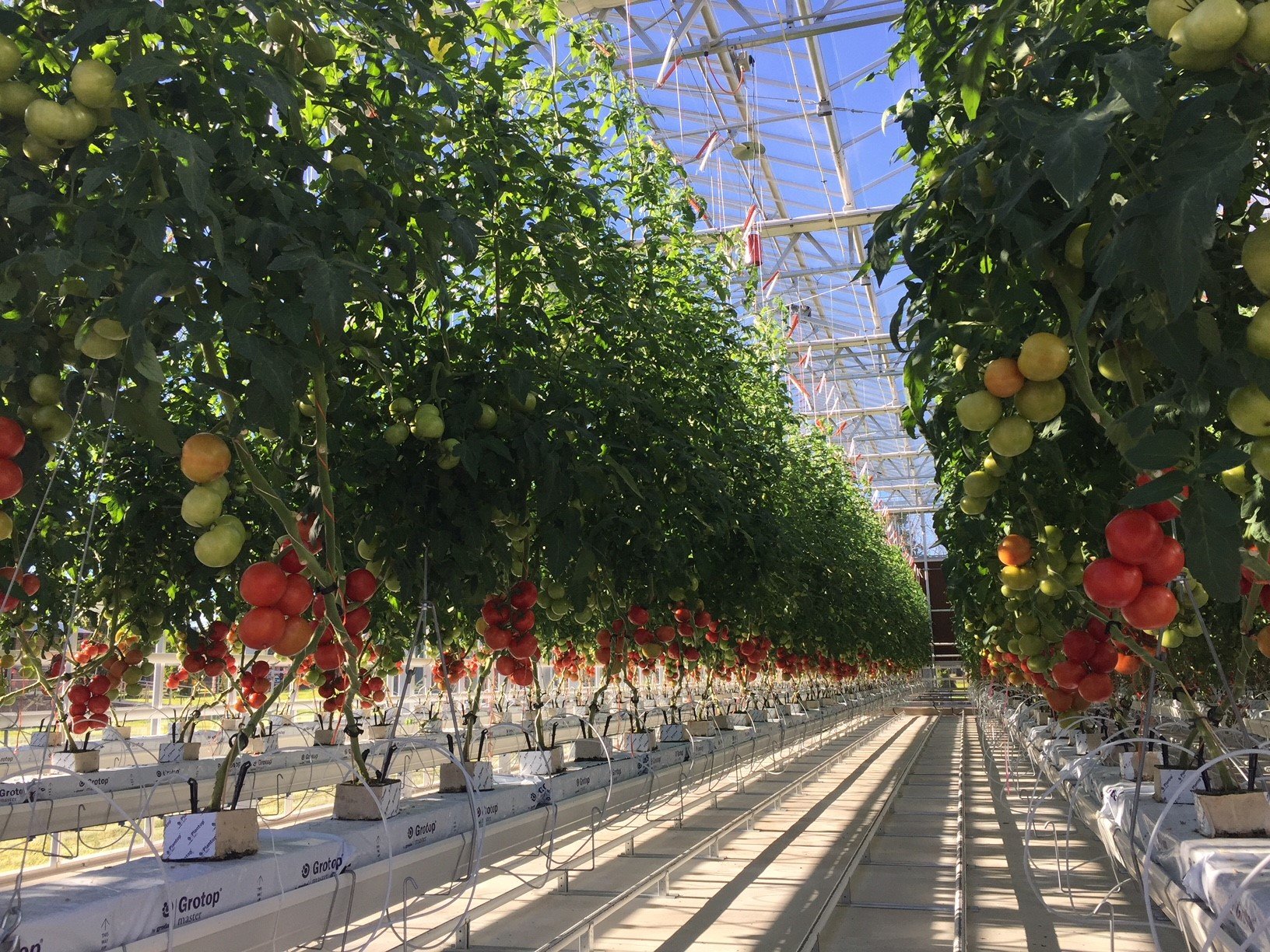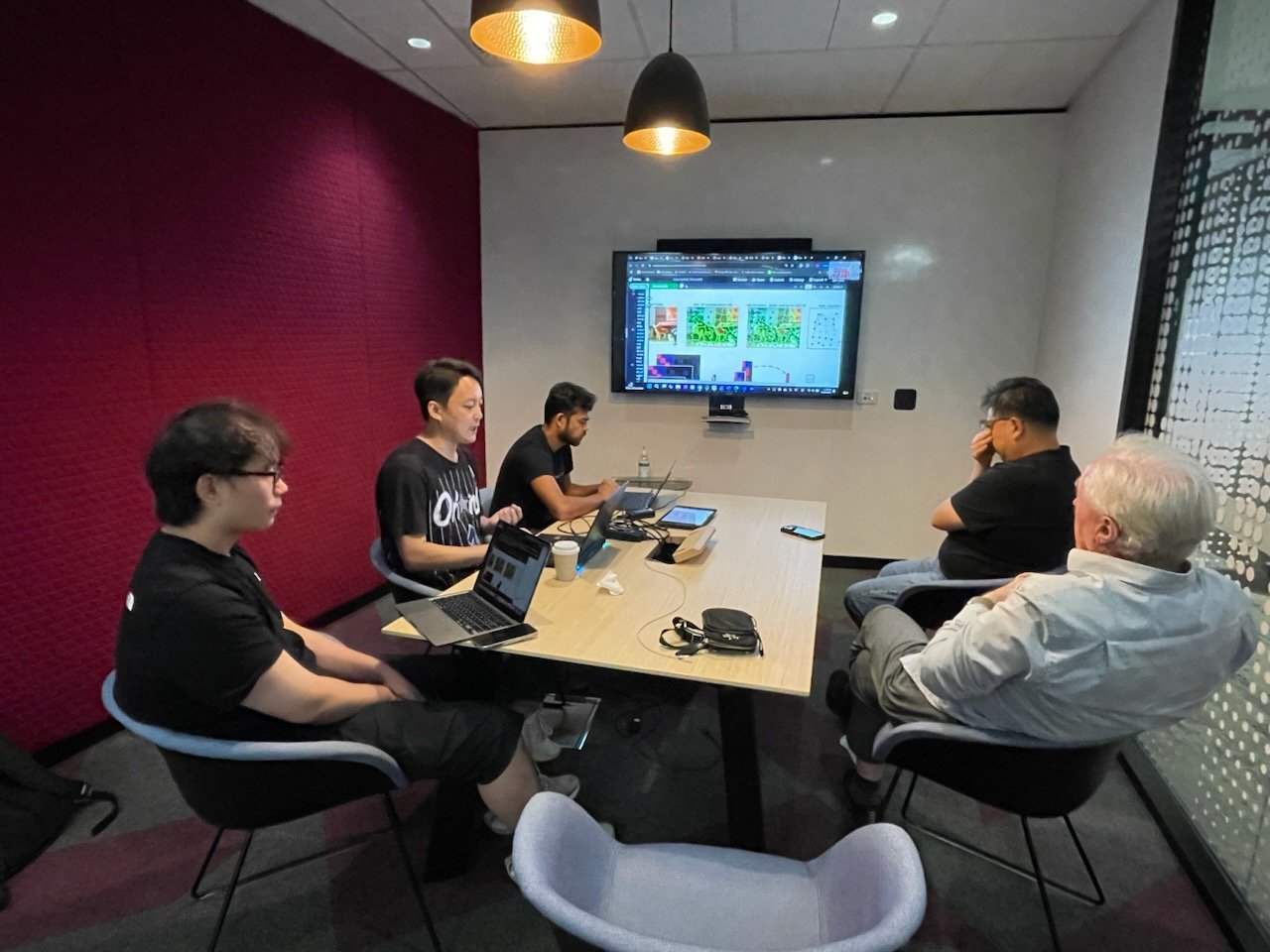
The future of horticulture is here.
Our mission is to build new capabilities for the horticulture industry.
We will train the next generation of researchers and industry leaders to drive innovation, sustainability, and resilience for the protected cropping industry.
Supporting the future of the Protected Cropping Industry
Protected cropping (PC) involves growing high-value horticultural crops such as leafy greens, tomatoes, and berries under shelter to optimise growth conditions and protect against environmental stresses such as drought, flooding, and disease. This method supports sustainable production by reducing reliance on pesticides and maintaining the industry's clean reputation.
In 2021-2022, PC contributed approximately $2 billion to Australia's $16 billion horticultural industry.
Our Training Centre aims to support the sector's growth as it adapts to climate change and increasing global and urban populations. This will help ensure the industry's resilience and future sustainability.
AN INDUSTRIAL TRANSFORMATION TRAINING CENTRE
An International Collaboration to transform Australian Horticulture and global food security
The ARC Training Centre for Smart & Sustainable Horticulture is a collaboration of Western Sydney University (WSU), The Australian National University (ANU), University of Western Australia (UWA), and 8 partners across the horticulture industry, academia and government.
Our Partners are at the leading edge of their field. They include leaders in seed technologies, vertical farming, data analytics, agric-tech, and commercialisation.
The Centre is funded by the Australian Research Council (ARC) under the Industrial Transformation Training Centre Program. Funding runs from 2025 to 2030.
Our Training & Education Options
PhD Training & Scholarships
Postdoctoral Research
Industry Masterclasses
General Education & Resources
Our Partners
Vanilla Plantations
"Our Centre will enable greater innovation in protected cropping.
It will integrate emerging technologies and industry-driven research to boost yields, improve sustainability, and equip growers for a climate-resilient future."
— PROFESSOR OULA GHANNOUM, CENTRE DIRECTOR


















